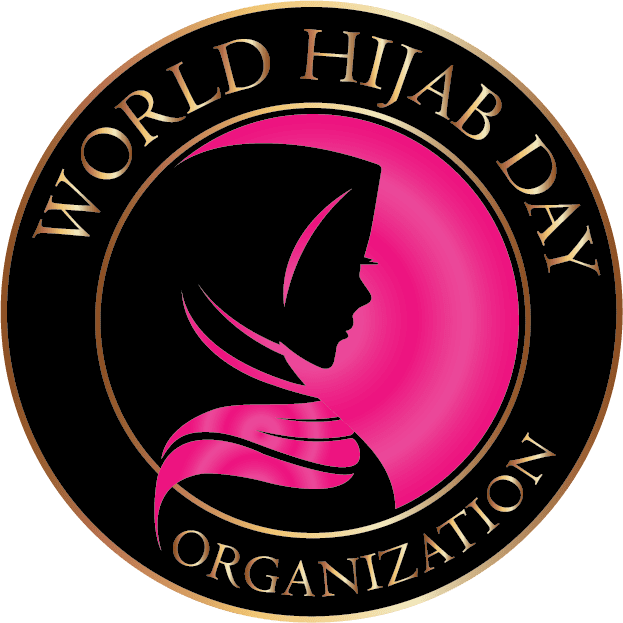By Rumki Chowdhury
“Man in the early times was almost naked, and as his intellect evolved he started wearing clothes. What I am wearing represents the highest level of thought and civilization that man has achieved,” said Tawakkol Karman to the journalists who wondered how her choice of hijab aligned with her level of education and intellect.
Tawakkol Karman was the first Yemeni, the first Arab woman and the second Muslim woman to win a Nobel Prize. She was only 32-years-old, the youngest Peace Prize laureate of her time, in 2011. Times Magazine dubbed her one of the top 100 women. However, I also recognize her as the first hijabi woman to ever win a Nobel Prize, specifically the Nobel Peace Prize! To her Yemeni followers, Tawakkol is known as the “Mother of the Revolution,” famous for having led the human rights movement toward a more democratic nation.
What incredible feat did this woman overcome and what impact did she have to earn herself so many titles? Tawakkol spent about four years, demonstrating once a week, against an authoritarian government and for a democratic government in Yemen. Yemen, having been the second most heavily-armed country in the world per capita (that was 55/100 people owning weapons), set aside their arms to join Tawakkol in peaceful protests and sit-ins at Tahrir Square, Sana’a. In a video interview, Tawakkol named Mahatma Gandhi, Martin Luther King Jr. and Nelson Mandela as some of her role models: “I learned from them how to lead a peaceful movement.”
Tawakkol was born on the 7th of February, 1979, in Taiz Governorate, then known as North Yemen. She studied in Taiz and as she grew older, she achieved a BA in Commerce and an MA in Political Science. Moreover, Tawakkol earned an Honorary Doctorate in International Law from the University of Alberta in Canada.
In addition, she found her voice with the Al-Thawrah Newspaper and founded the organization, “Female Reporters Without Borders,” currently licensed as “Women Journalists Without Chains,” a.k.a. WJWC for short. Together with seven other female journalists leading the group, in 2005, Tawakkol’s goal was to protect basic human rights such as freedom of expression and opinion. The Yemeni authoritarian government at the time denied her request to begin a newspaper and a radio station under WJWC. However, she refused to accept their rejection. Instead, Tawakkol fought for democracy and consequently received threats, via letters and phone calls, from government officials and pro-authoritarianism supporters. A woman attempted to stab Tawakkol with a jambiya, a curved dagger, in 2010, but she was spared due to the support of her fellow demonstrators. To The Guardian Newspaper, Tawakkol wrote:
“After a week of protests I was detained by the security forces in the middle of the night.
This was to become a defining moment in the Yemeni revolution: media outlets reported my detention and demonstrations erupted in most provinces of the country; they were organized by students, civil society activists and politicians. The pressure on the government was intense, and I was released after 36 hours in a women’s prison, where I was kept in chains.”
During Tawakkol’s demonstrations, thousands followed her to the streets where they lived in tents.
Furthermore, she is also a member of the “Yemeni Journalists’ Syndicate” and is calling for a treaty to end violence against women, in support of “Every Woman Coalition.” Moreover, Tawakkol is a mother of four and living in Turkey since 2015, while still reporting on news about Yemen. During an interview, she said, “You have to be strong; you have to trust yourself that you can build a new country. You have to know that you have the ability to achieve your dream.”
According to the main Nobel Prize Organization’s website, “…she maintained that Islam is no obstacle to the full acceptance of women in every sphere of society.”
Sources:
https://www.nobelwomensinitiative.org/tawakkolkarman
https://www.youtube.com/watch?v=ML_O-IYhaEQ
https://time.com/5793785/tawakkol-karman-100-women-of-the-year/
https://www.newyorker.com/news/news-desk/tawakkol-karmans-moral-vision
https://www.tawakkolkarman.net/enabout
https://www.nobelprize.org/prizes/peace/2011/karman/facts/
About the Author:

Rumki Chowdhury is Editor of World Hijab Day Organization. Moreover, she has her own editing services. She is an award-winning published author. She has an MA in English Literature from Queen Mary University of London, a BA in English Writing from William Paterson University of New Jersey and an English Subject Teaching Degree from Gävle Högskolan in Stockholm, Sweden. She speaks Bengali and Swedish fluently! She has years of experience in the media and publishing worlds. Rumki lives with her husband and their three daughters.
Instagram and Facebook @rumkitheauthor
Twitter @rumkichowdhury



